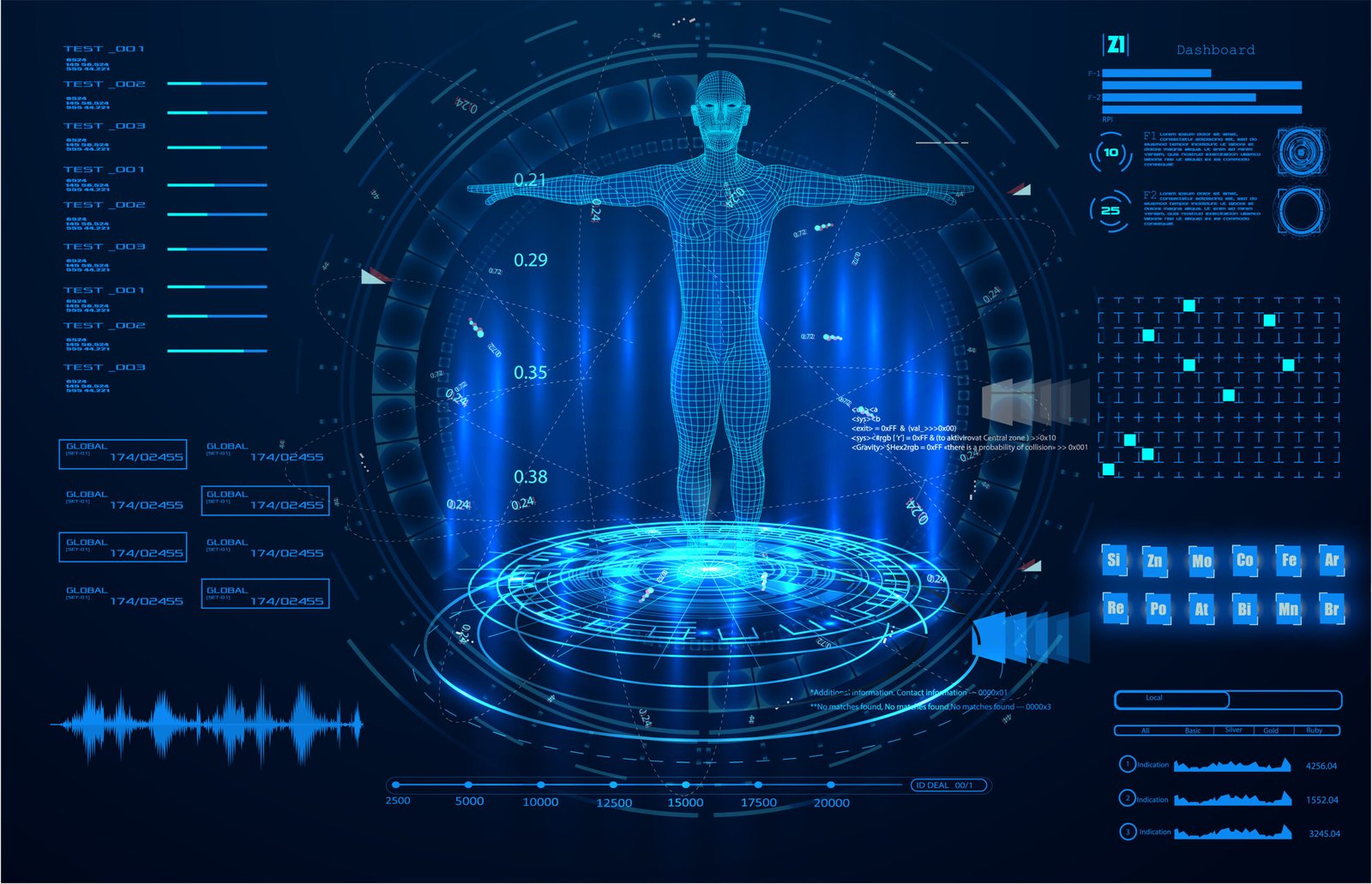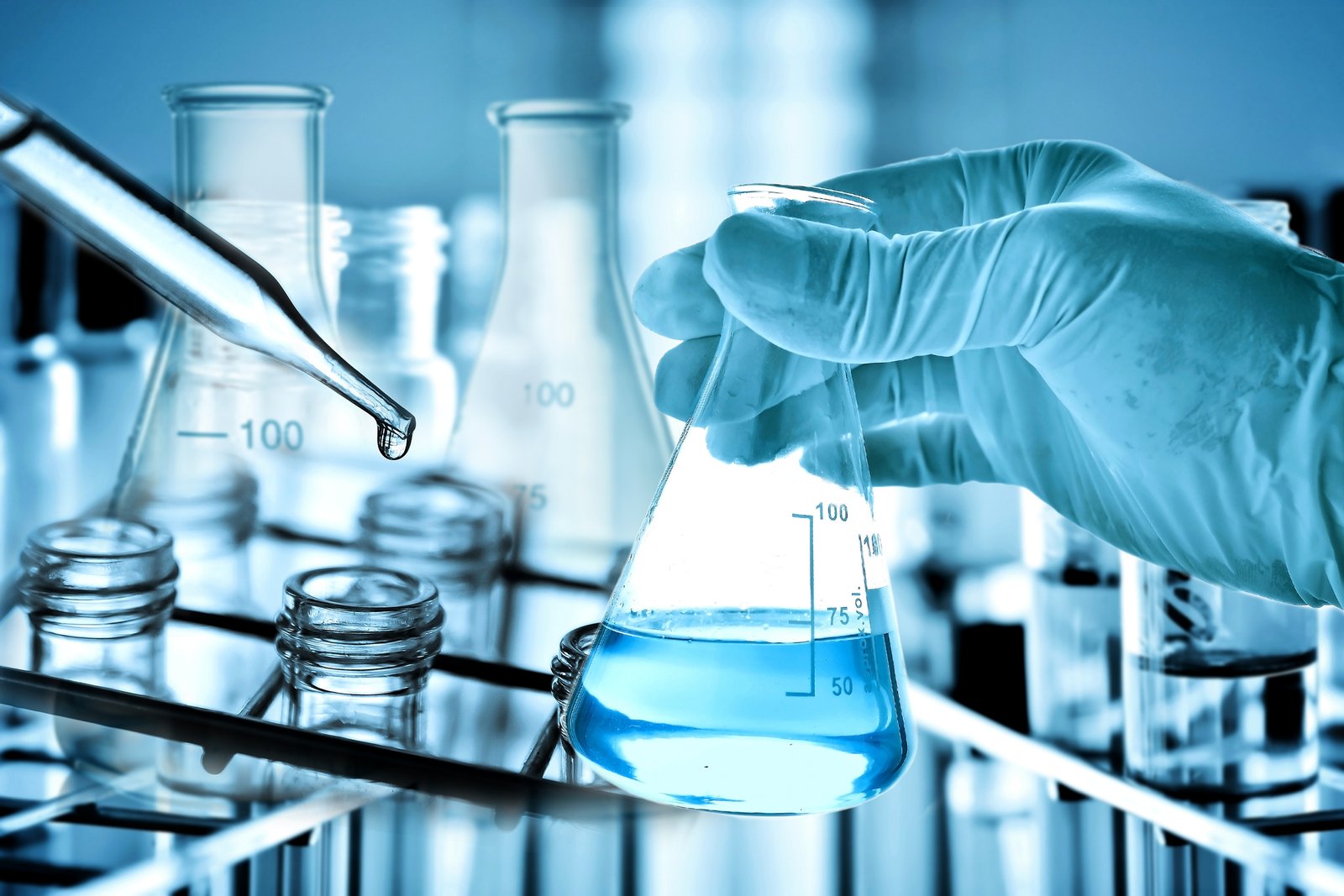Based on a breakthrough technology, Carbon Waters designs and produces ready-to-use performance additives based on graphene, a material with exceptional properties.
Founded in 2017, the company works hand in hand with its customers, to demonstrate the impact of its solutions on the environmental and energy transition, notably in the replacement of toxic additives (paints), the reinforcement of polymers for low-carbon transport and hydrogen storage, and the extension of the life of satellites, electronic components and batteries.
Our process, which is accurate to the nanometer and can be scaled up to production by the ton, allows for unprecedented exploitation of organic materials for industrial use and reconciles biosourcing and recyclability.
Alban Chesneau, Co-Founder & CEO of Carbon Waters
This year, Carbon Waters reached a new milestone in its development, as it raised 2 million euros in its latest funding round to industrialise its graphene-based high-performance additives production process. That will allow the company to advance from prototyping to the preindustrial process.
Carbon Waters’ R&I within the MACRAMÉ Project

In the MACRAMÉ Project, Carbon Waters has a dual role, since it is both a producer of graphene and an “experimenter”, in charge of a use-case study on a battery coating; in this course, Carbon Waters is going to simulate deterioration of the final material by abrasion and heat to see if the coating triggers ecotoxic effects.
The company provides Use-Case 2 (i.e. Few-Layers Graphene (FLG) in Battery Management Systems (BMS)) through the production of FLG dispersions and samples of epoxy resin (with FLG), following in-house quality-control through Raman, as well as rheological measurements of the formulations. The Project results on the (eco)tox and LCAs will be exploited in proprietary Graph’Up-enhanced epoxy resins for thermal management systems and presented at carbon-based materials conferences.

‘We are glad to be part of the MACRAMÉ Consortium, as, on the one hand, the study we are conducting here will help us know if our graphene-based products have toxic or ecotoxic impact or not,’ says Alban Chesneau, Co-Founder & CEO of Carbon Waters. ‘This is a study we have not been able to make so far and that is of capital importance for us, as we are hoping for good results and this way, promote the safe characteristic of our range of products to the industrials, as well as its many other benefits. In addition, being part of the Project gives us the opportunity to get to know the other members and talk to them. This way, we can broaden our vision as speaking with academists, labs or other companies is always interesting to learn about other interests.’
‘We also enjoy collaborating with other partners, such as EMPA who made the abrasion on our graphene-enhanced samples and will soon evaluate their cytotoxicity. We are open to keep on working with new partners who are part of the Project too in the future,’ Chesneau adds.
Moreover, for this project we had to produce a high quantity of material, in order to enhance one kilo of resin with graphene. It was the first time we produced such a volume of product. It was a good exercise as next year, thanks to the pilot unit, we will produce similar quantities and even more.
Alban Chesneau, Co-Founder & CEO of Carbon Waters
The CEO explains: ‘Through this Project, we are hoping to prove our graphene-based products are safe and do not present any danger of use for human health and biodiversity. Carbon Waters is deeply involved in developing a more sustainable and safer industrial environment and in having the lowest possible environmental impact.’







